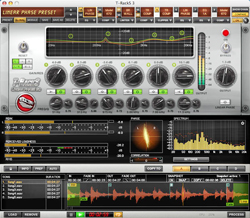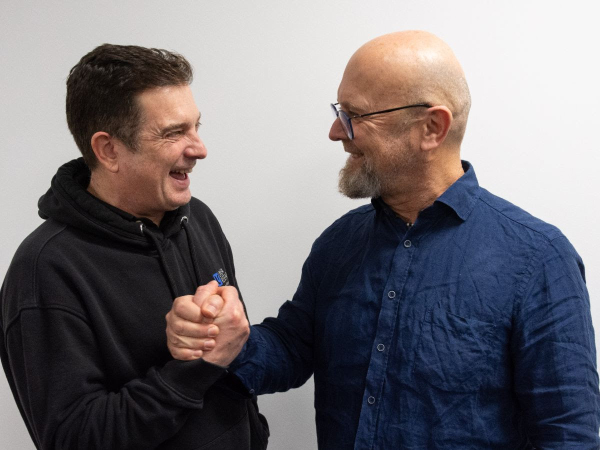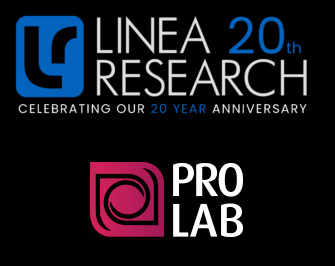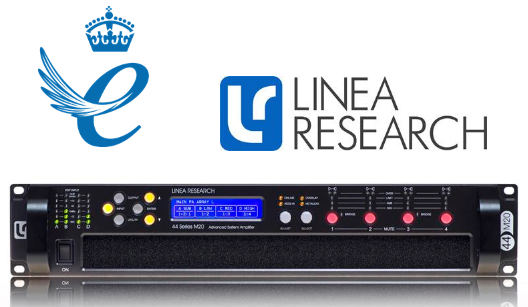Both mixing engineers and mastering engineers are tied at the hip, though many don’t realize it.
Yes, it’s true that many mastering engineers are dependent upon a mixer’s business to keep the doors open, but that’s been changing, since many times there’s a shoot-out between mastering engineers to see who gets the gig.
Usually, the one who can provide the loudest master wins (there’s that loudness war again).
But that’s not the real issue, nor where mixing and mastering engineers are mostly tied together. In fact, the concept of a separate specialized mixing engineer and a creative mastering engineer both began at nearly the same time during the late 70s, and continued to grow in prominence from that point until today.
Before then, engineers were somewhat interchangeable and came with the studio that you rented. Usually the same engineer that recorded the project would mix it, since the projects were generally short (as in a few weeks) to begin with.
As for mastering engineers, they were just part of the process of transferring the audio signal from tape to vinyl disc (and later CD). It wasn’t until legends like Bernie Grundman, Doug Sax and Bob Ludwig began to make mixes sound better, and louder, than the mixer could, that the mastering engineer came to be what he is today—the last part of the creative process.
But EDM is changing all of that. Today there’s less perceived need for someone to mix an EDM track. The writer/programmer gets the sound he wants right from the start of the track, and since the kick and bass are already out in front and have a lot of impact, most feel that there’s no reason to hire a specialized mixer for that particular bag of tricks.
The same goes for mastering engineers. Thanks to some great tools from a variety of plug-in companies like Waves, Slate Digital, Universal Audio and iZotope to name a few (the same tools that many mastering engineers use), EDM mixers can pretty much make their mixes as loud as needed, so it’s not surprising when they ask, “Why do I even need a mastering engineer?”






















